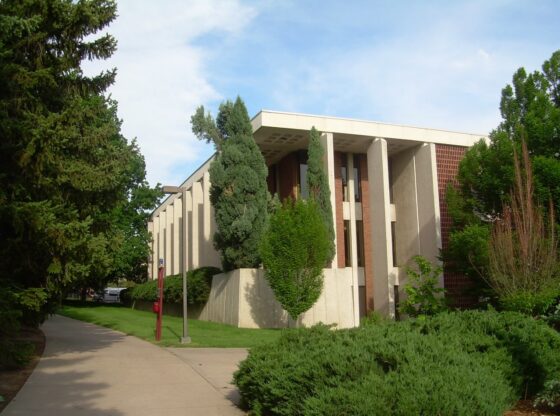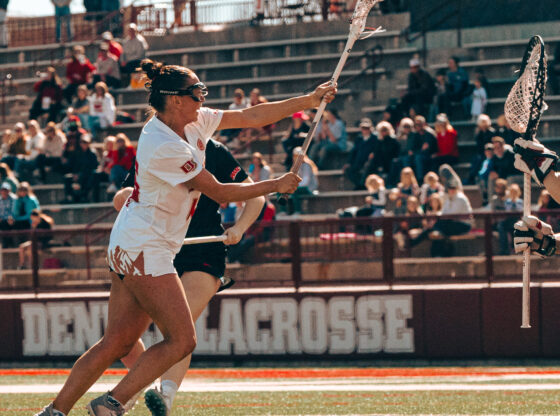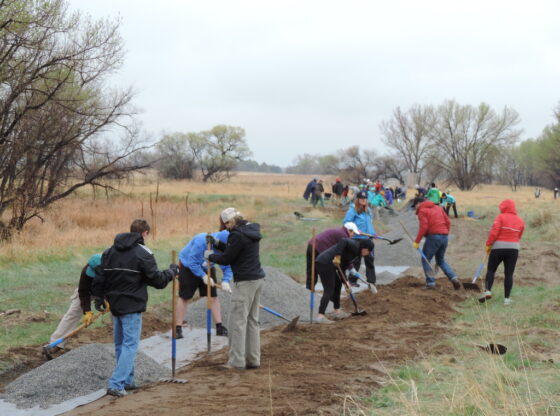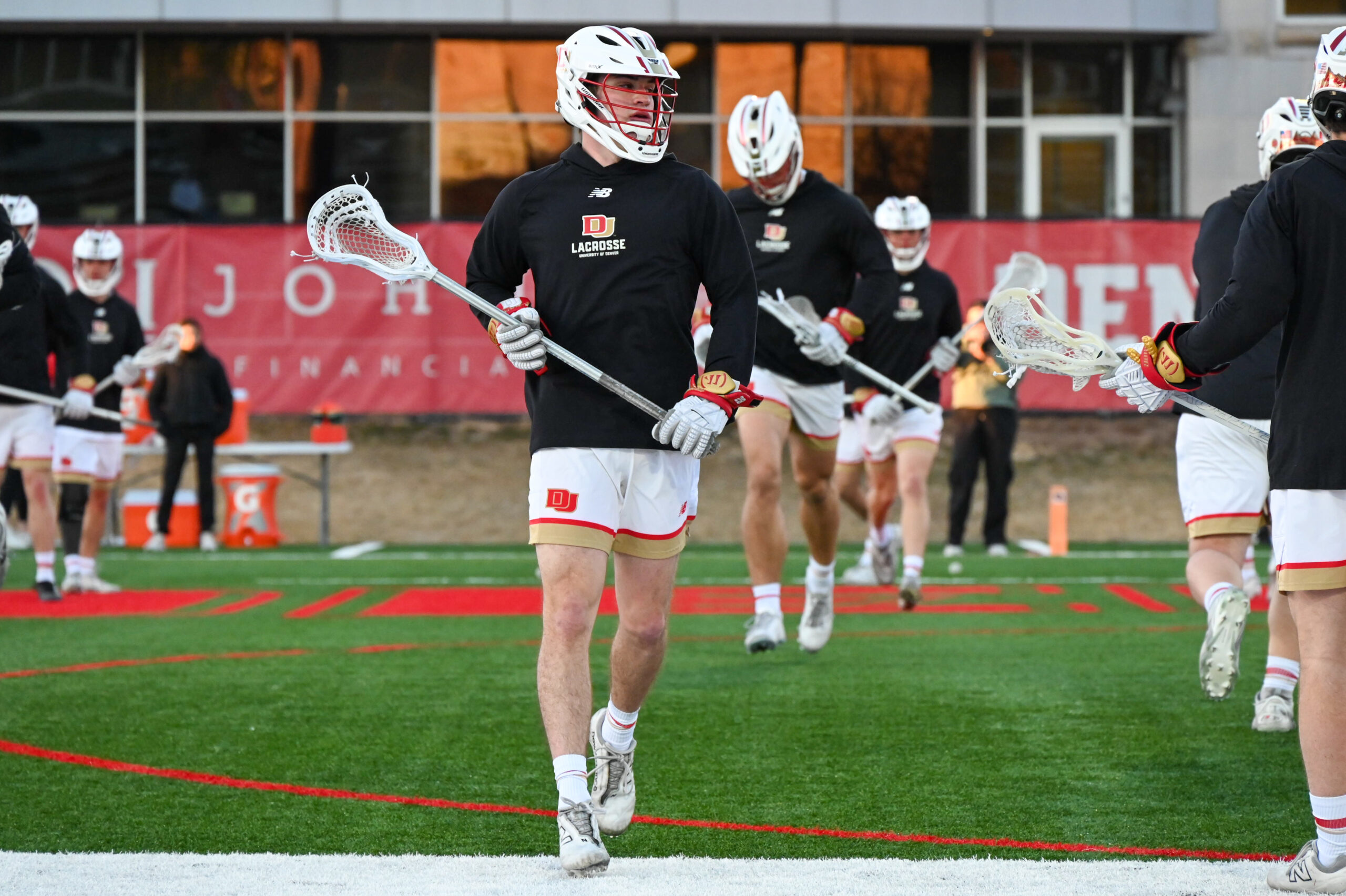A new bill that proposes allowing student-athletes to earn more money has spurred argument and discussion across the NCAA.
Early this year Jeremy Bloom, University of Colorado starting wide receiver/punt returner and Olympic mogul skier, began drafting legislation that would essentially grant student-athletes more power, such as giving them more ability to earn money and have more items paid by the school. He called his legislation the Student Athletes Bill of Rights. Bloom is working in conjunction with California State Senator Kevin Murray on the proposed bill. The bill points out a few main areas to the advantage of athletes including:
* Paying for scholarship athlete’s trip home for school-dismissed holidays such as Thanksgiving
* Helping to fund an athlete’s family members travel to postseason tournaments or bowl games
* Allowing student athletes the ability to secure bona fine employment not associated with his/her amateur sport
*Allowing student athletes to obtain representation (i.e. agents) in making career choices
* Allowing student athletes a percentage of the dollars generated by the sale of jerseys and other personalized items marketed and sold by the university
Bloom is obviously trying to gain some revenue from his mogul skiing career and from the Salt Lake City Olympic Games, but is trying to represent all 360,000 student athletes across the country.
As it stands now, television stations pay big bucks to air university football games; money that goes to the university. Football is just the beginning. CBS has an 11-year, $6 billion contract for college basketball. Some of the money is returned to the athletes as a special assistance fund, such as the one the Sun Belt Conference that hands out money to international students here at DU, but it no where near equals $6 billion.
During the summer, the NCAA made some changes allowing student-athletes to earn more money. The association did away with a limit on the amount of money a student athlete could earn during a competitive season and now allows student-athletes the ability to earn air miles from flights taken for school sporting events. Before, student athletes were even prohibited from collecting Subway stickers when purchasing a submarine sandwich on per diem.
Many people have problems with the fact that student athletes want more after getting their entire education paid.
There is also the argument that allowing athletes to take a bigger piece of the pie will prioritize schools and sports within the schools.
“DU doesn’t make a profit from any sport [like some larger schools do], and this would separate bigger schools from smaller ones,” said Heather Weems, associate athletics director for internal operations. “The NCAA mandates too much of [an athletes] life,” said Chris Wujek, student-athletes support services coordinator.
Most programs around the country come pretty close to the 20-hour training limit per week set by the NCAA, leaving student-athletes little time for part-time employment even if they so choose.
The question that most student athletes should be asking themselves, since most aren’t in big money sports, is will the proposed bill put the big money sports such as football and basketball at the big schools on even more of a pedestal?
NCAA President Myles Brand said that the bill will turn first class amateur athletics programs in California into third-rate professional sports franchises. Bloom’s argument is that the bill will encourage student-athletes to stay in school instead of quickly going to the pros for the money. Bloom has apparently been talking to Colorado legislators and hopes to be in contact with state legislators across the country to gain support.












